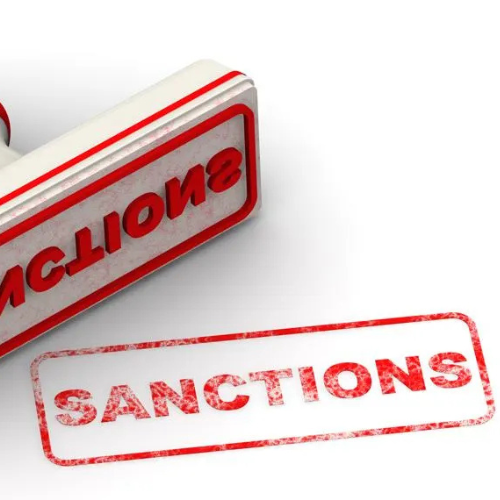The United States has intensified its efforts against Hamas, imposing new sanctions on six leaders of the group in Turkey and Gaza. This move is part of a broader campaign by the Biden administration to disrupt Hamas’ ability to raise funds and smuggle weapons. The sanctions, announced on Tuesday, freeze the assets of these individuals and prohibit Americans from engaging in business with them.
Hamas, which has controlled Gaza since 2007, is a group with both political and military roles. Its military wing, the Izz al-Din al-Qassam Brigades, is responsible for armed operations. The U.S. and several other countries do not separate the group’s political activities from its military actions, viewing it as a unified organization that engages in acts of terrorism.
Turkey-Based Leaders Accused of Funding and Planning Attacks
Three of the Hamas leaders sanctioned are based in Turkey. They are accused of helping the group secure funding and resources to fuel its activities in Gaza. These individuals were also linked to deadly attacks in Israel that caused significant loss of life.
One of the sanctioned leaders, in his early 50s, is described as a senior member of Hamas’ military wing. He played a role in organizing multiple attacks, including a 1997 bombing at a Tel Aviv café that killed three people and injured 48 others. He was previously sentenced to five life terms in prison but was released in 2011 as part of a prisoner exchange deal between Israel and Hamas.
Another individual sanctioned was convicted of kidnapping and murdering an Israeli police officer. He, too, was sentenced to life in prison but was released in the same prisoner exchange. The third Turkey-based leader targeted by sanctions was involved in an attack on Israeli soldiers in the West Bank in 1993, which resulted in one death.
The U.S. Treasury Department has labeled these individuals as critical players in Hamas’ fundraising and operational efforts. By targeting them, the U.S. aims to cut off resources that fuel the group’s militant activities.
Sanctions Target Hamas Leaders in Gaza
In addition to the Turkey-based figures, the U.S. sanctioned three senior Hamas officials operating in Gaza. These individuals have held both public and operational roles in the organization, helping it maintain control of the region while also supporting its military activities.
Hezbollah’s Media Chief Mohammed Afif Killed in Beirut by Israeli Airstrike
One of the Gaza-based leaders, believed to be in his late 50s, serves as a spokesperson for Hamas. In addition to his propaganda role, he previously managed Gaza’s border crossings. The U.S. accuses him of using these crossings to facilitate the smuggling of weapons and construction materials into Gaza. The materials were allegedly used to expand Hamas’ underground tunnel network, which plays a key role in its military operations.
Another sanctioned leader has served on Hamas’ Council for International Relations and has played a significant role in managing the group’s engagements with foreign countries, including Russia. A third individual targeted by sanctions has been involved in delegations to other nations, allegedly helping to secure diplomatic and material support for Hamas.
The U.S. Treasury Department emphasized that these individuals operate under the guise of legitimate political or public roles while facilitating activities that contribute to violence and instability.
Sanctions Amid Escalating Violence in the Region
The sanctions are the latest in a series of measures taken by the U.S. against Hamas since October 7, 2023, when the group launched a large-scale attack on Israel. That assault, which killed more than 1,200 Israelis, triggered an ongoing war between Hamas and Israel. In response, the U.S. has implemented nine rounds of sanctions against Hamas leaders and supporters.
The conflict has since expanded, with Israel targeting Hezbollah in Lebanon, another group supported by Iran. The war has caused massive casualties, with reports indicating that nearly 44,000 people, including many women and children, have died in Gaza. In Lebanon, more than 3,500 people have lost their lives, with most casualties occurring in the last two months.
U.S. officials, including those from the Treasury Department, have reiterated their commitment to using every tool available to disrupt Hamas’ activities. By imposing these sanctions, they aim to weaken the group’s ability to fund and carry out attacks. The latest measures reflect an ongoing effort to hold Hamas leaders accountable for their roles in perpetuating violence.
These sanctions, while financial in nature, highlight the international dimensions of the conflict and the U.S.’s role in addressing the activities of groups like Hamas that operate across borders.


